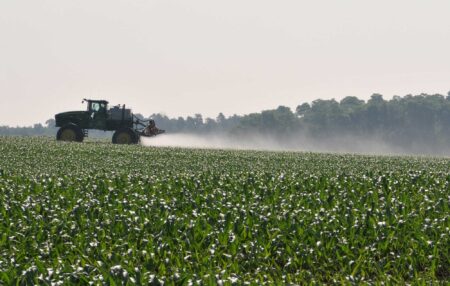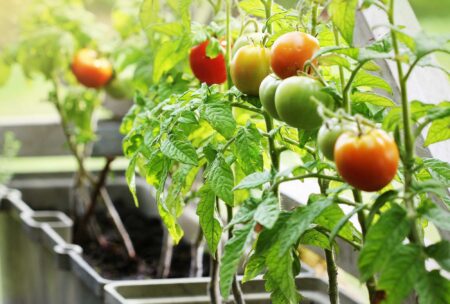Crop intelligence company Taranis likens its new program to working with an accountant on your taxes.
“You could do taxes yourself, just like you could apply for this yourself,” said Sarah Rang, director of marketing at Taranis. “But you may not get the maximum benefit that’s available to you when you’re not working with experts. So we brought in the experts.”
Taranis launched Taranis Conservation to help farmers apply for grants through the USDA’s Environmental Quality Incentives Program (EQIP) and Conservation Stewardship Program (CSP).
Taranis’ business primarily centers on Taranis Intelligence, which utilizes drone scouting and artificial intelligence to identify and generate solutions for problems in the field. The company saw how its technology lent itself to identifying conservation practices that would benefit the farm.
“Our focus is always about profitability for the grower,” Rang said. “That’s how we all win.”
How Does It Work?
Farmers sign up through their local ag retailers and then meet with Taranis Conservation experts to discuss which conservation practices make the most sense for them. Taranis handles the CSP and EQIP application processes.
“A farmer can go into NRCS and sign up for the same programs that Taranis can help a farmer sign up for, but farmers are reluctant to because oftentimes, they don’t know exactly what it entails,” said Tom Buman, conservation consultant for Taranis. “And so, we take a cradle-to-grave approach with helping people in that.”
Buman has more than 30 years of expertise in conservation programming and implementation, including a stint at the NRCS.
Buman and Rang explained that a farmer does not need to be a Taranis Intelligence customer to be a Taranis Conservation customer, but there can be a synergy between the two. Taranis Conservation helps farmers with implementation, tracking, and reporting requirements of the grants, but data from Taranis Intelligence may automate or streamline those steps.
How Much Does It Cost?
Taranis charges a fee of 20% of the grant awarded. If no grant is awarded, the farmer pays nothing.
Rang said Taranis expects the grant funding to “far outweigh” not only the 20% fee but also the cost of the Taranis Intelligence platform.
A ‘Headache-Free’ Process
Katelyn Duffy, a farmer from southern Nebraska, described working with Taranis Conservation as “extremely streamlined.”
“It took a 15-minute phone call to learn about the farm — what we already do, what we are interested in implementing,” she said. “They [provided] ideas for us, and then we spent an hour on the phone discussing them, learning more about what our obligations would be, and decided on the practices. They put together a nice application form and submitted [it] to the NRCS on our behalf. It’s been a very easy, headache-free, streamlined process.”
Editor’s Note: As of the writing of this article, it is unclear to what extent the current freeze of government grants will impact EQIP and CSP grants.


:max_bytes(150000):strip_icc()/54422218704_4306ac9563_o-233521f62c594e098877df4c9a3cba63.jpg)




:max_bytes(150000):strip_icc()/100877758_finance_marketing-c3a83596b1e74508a80a72db8b9e4b60.jpg)



:max_bytes(150000):strip_icc()/Ship-docked-at-Port-Houston-1741d74fc460476881a4754e9ad43f42.jpg)
:max_bytes(150000):strip_icc()/54163679242_59f748f514_oSAFethanolplant-Iowa-d55130af73f44d9cb58b780fbdef60f2.jpg)